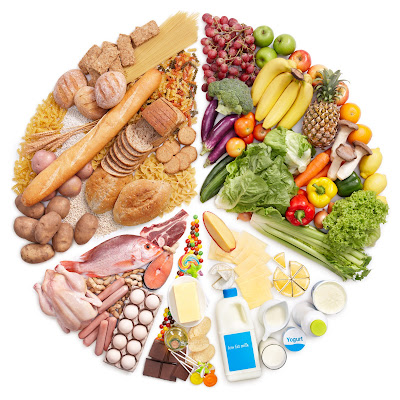Exploring the Relationship Between Food and Holistic Health Principles
In the pursuit of optimal health and well-being, the concept of holistic health has gained significant traction, emphasizing the interconnectedness of mind, body, and spirit. At the heart of this holistic approach lies a fundamental recognition: food is not merely sustenance but a potent catalyst for nurturing overall health. The relationship between food and holistic health principles is intricate, multifaceted, and deeply rooted in ancient wisdom, yet continually evolving as modern science sheds new light on age-old practices.
Holistic health principles recognize that true wellness extends beyond the absence of disease, encompassing physical vitality, emotional balance, mental clarity, and spiritual harmony. Food serves as the cornerstone of this holistic paradigm, influencing every aspect of our being. From the cellular level to our collective consciousness, the quality and composition of what we consume profoundly shape our health outcomes.
Central to holistic health is the notion of bioindividuality—the understanding that each person has unique nutritional needs dictated by factors such as genetics, environment, lifestyle, and personal preferences. Rather than prescribing one-size-fits-all dietary regimens, holistic practitioners advocate for a personalized approach to nutrition, honoring the diverse requirements of individuals. This recognition underscores the importance of listening to the body's innate wisdom, tuning into its signals, and nourishing it accordingly.
Furthermore, holistic health principles emphasize the vital role of whole, nutrient-dense foods in promoting vitality and longevity. Such foods are rich in essential nutrients, antioxidants, phytochemicals, and other bioactive compounds that support cellular function, mitigate inflammation, and bolster the body's innate healing mechanisms. Fruits, vegetables, whole grains, legumes, nuts, seeds, and lean proteins form the cornerstone of a holistic diet, providing a synergistic array of nutrients that work in concert to optimize health.
In addition to nourishing the physical body, food holds profound implications for mental and emotional well-being. The emerging field of nutritional psychiatry underscores the intricate interplay between diet and mental health, with research suggesting that certain dietary patterns can either promote or undermine cognitive function, mood stability, and resilience to stress. Whole foods rich in omega-3 fatty acids, antioxidants, and gut-friendly probiotics have been shown to support brain health and mitigate the risk of mood disorders, while processed foods high in refined sugars, unhealthy fats, and artificial additives may exert detrimental effects on mental wellness.
Holistic health principles also recognize the interconnectedness between diet and the environment, advocating for sustainable food practices that honor the planet's finite resources and promote ecological balance. Locally sourced, organic, and seasonal foods not only tend to be more nutrient-rich but also minimize the carbon footprint associated with food production and distribution. Moreover, mindful eating practices, such as cultivating gratitude for the nourishment received and savoring each bite with awareness, foster a deeper connection to food and its inherent value.
At its core, the relationship between food and holistic health principles transcends mere sustenance, embodying a profound symbiosis between nourishment and vitality. By embracing a holistic approach to nutrition—one that honors the interconnectedness of body, mind, and spirit—we empower ourselves to cultivate optimal health and well-being from the inside out. Through mindful food choices, personalized dietary strategies, and a reverence for the wisdom of nature, we embark on a transformative journey toward holistic wellness, embracing the profound truth that food is not only medicine but also a sacred conduit for healing and wholeness.




Comments
Post a Comment